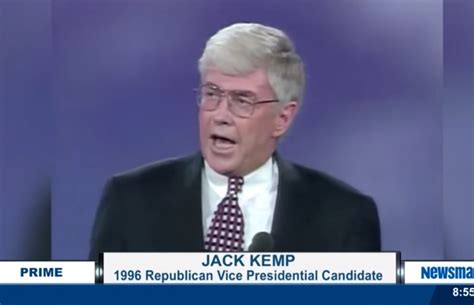A Quote by Mike Quigley
If the U.S. fails to set the rules for global trade, then other countries with records of environmental and labor abuses, like China, will step in to fill the void.
Related Quotes
That means we get other countries to play by our rules. You add up all the countries that we have trade agreements with, we have a surplus with them. You add up the countries we do not have a trade agreement with, that`s where a massive trade deficit comes from. So our goal is to get free trade agreements, and that means we get other countries to play and live by our rules so we can level the playing field.
China's accumulation of reserves is a result of the IMF's mismanagement of the Asian financial crisis a decade or so ago. If countries know they can't rely on the IMF to help them, their best defense is their own reserve cushion. In a time of spreading global recession, too much emphasis on savings in surplus countries like China can impede prospects for global growth.
Historically, international law lent a measure of legality to the colonial system, and allowed the West to set the rules for participation as a sovereign state on a global level. It also protected the interests of foreign investment in countries of the global South even when these were exploitative, and deprived countries of the benefits of resources situated within their territories.
In my movie, "Death By China," it shows Bill Clinton in 2000 promising that when China got into the World Trade Organization we would be making products here and selling them there, and life would be great. Just the opposite has happened. And here's why this has been so devastating - China went into the World Trade Organization and agreed to play by certain rules. Instead, it's violated these rules. For 15 years, it continues to illegally subsidize its exports.
I'm convinced after spending three weeks in China and Tibet, unless the United States gets its act together, our grandchildren will be living in a world dominated by the People's Republic. China is simply inexorable in its pursuit of wealth, growth and power. It cares little about human rights, democracy, labor protections, fair trade rules or the environment. It is relentless in advancing its national interests.
































